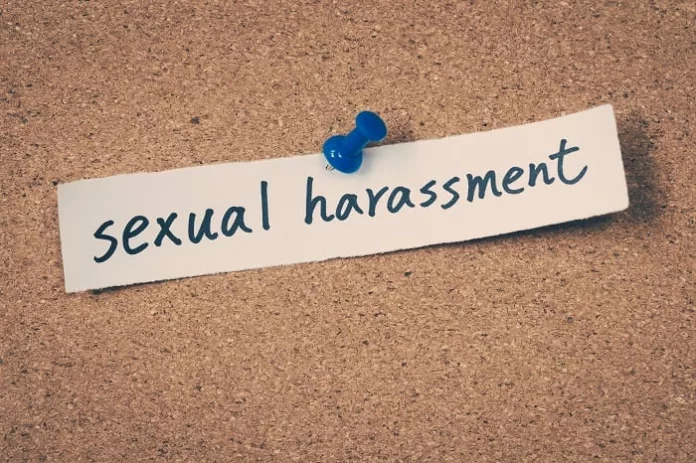By Charminae George
Beneath the surface of one too many workplaces across the twin island state lurks the abhorrent occurrence of sexual harassment.
Anderson Carty, a labour relations specialist, described the issue of sexual harassment at work as a “scourge that needs to be dealt with”, in a recent interview with Observer.
Often, the perpetrators are individuals who are tasked with supervising and guiding employees, as revealed by Carty who spoke of a situation where two managers of major local hotels are currently under investigation for such behaviour.
Referring to the alleged incidents, he said, “It was a manager who pulled her inside of a room and tried to encourage her to engage with him. In another instance, it was a manager who is reported to actually grab a hold of the employee’s private part.”
Carty said in many situations where the victims seek the help of the organisation’s Human Resources (HR) Manager, the individuals did not receive a satisfactory resolution.
“When the complaints are made, in 99 percent of the cases, the reports to management would go unaddressed or someone will say, ‘there is not sufficient evidence’, or someone would say, ‘we suggest that you not push it any further, because you have to consider the embarrassment to yourself’,” Carty explained.
As a result of the lack of accountability, the mental and emotional state of the affected employees are impacted, with some experiencing long-term effects.
“And so a lot of these female employees continue to suffer in silence, because when these things happen, it scars the individual mentally and emotionally, and some for a lifetime,” he stated.
Carty said the sexual harassment often continues to be perpetrated in the workplace due to the lack of action.
“These are repeat offenders who are being allowed to get away with these kinds of situations because they would have gone unaddressed by the top management of many companies and businesses,” he said.
The labour relations specialist gave a definition of sexual harassment used within the industrial relations circle to gauge whether or not an action by a manager or supervisor borders on sexual harassment.
“Sexual harassment is an unwanted advance from a superior to a subordinate and the advances would be of a sexual nature…And when the employee says ‘no, I’m not interested’, they continue to pursue the employee and it often gets to a stage where they now begin to victimise the employee,” he explained.
Carty provided additional clarity on the definition of sexual harassment.
“It could be the making of dirty jokes or jokes of a sexual nature. It could be a situation where they are asking or soliciting to staff to go with them on dates, to have intimacy with them in exchange for promotion and reward, or to make their life easier at work so to speak,” he explained.
In all of the cases of sexual harassment in the workplace Carty has dealt with thus far, the perpetrators were males, and the victims females.
This is the same for Alexandrina Wong, President of campaign group Women Against Rape, who offered a reason for the phenomena.
“Because of sociocultural perspectives, many males have said to us that they prefer not to report it to the police, not to report it to any other senior authority, because of the way they are perceived to be a weak person,” she explained.
In May 2022, Antigua and Barbuda ratified the Violence and Harassment Convention, 2019 (No.190) of the International Labour Organization (ILO), being the first Caribbean country to do so.
The ratification of the convention was a demonstration of the government’s commitment to ensure workplaces are free of violence and harassment.
Wong indicated that although existing legislation addresses sexual harassment in some capacity, it needs to be expanded to coincide with the ILO convention.
“We do have some laws in place like Offences Against the Person; this could be applied somewhat. But it definitely needs to be expanded,” she said.
“Our legal framework needs to be expanded to really fall into line with what the International Labour Organization Convention C.190 speaks to.”

